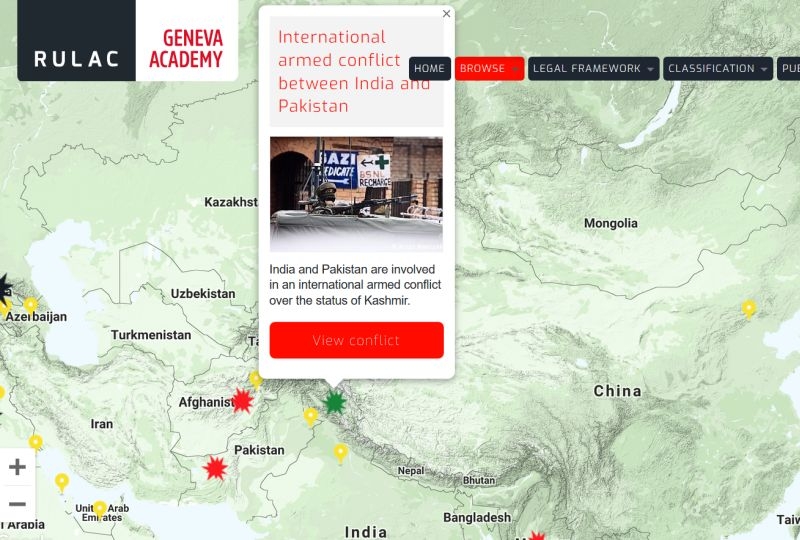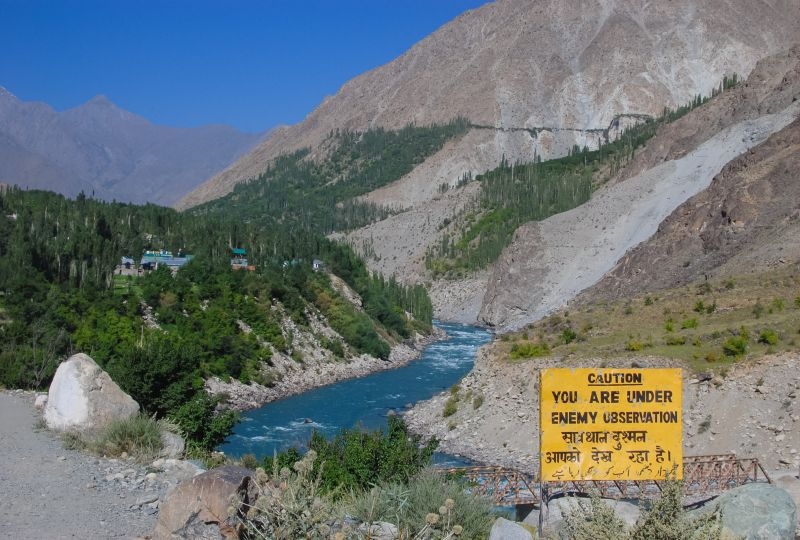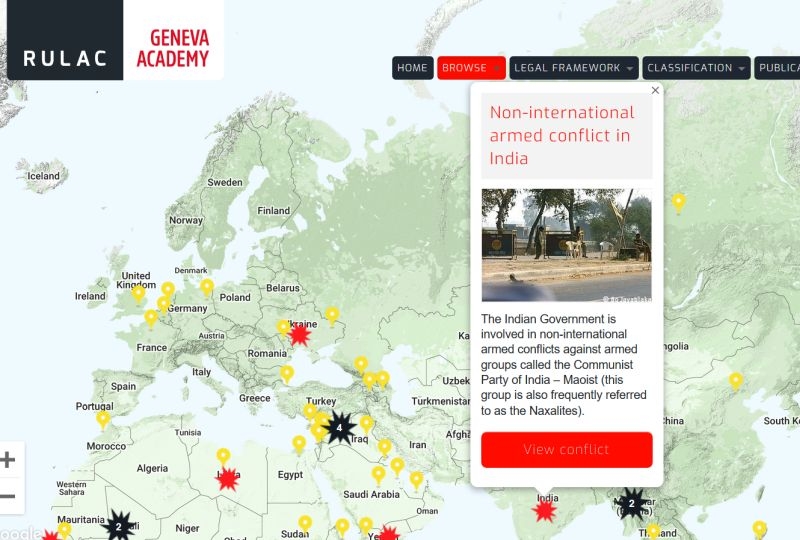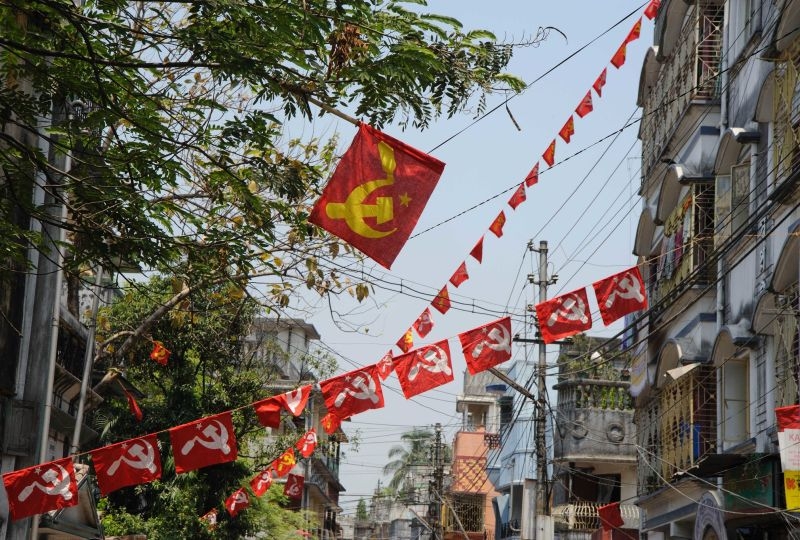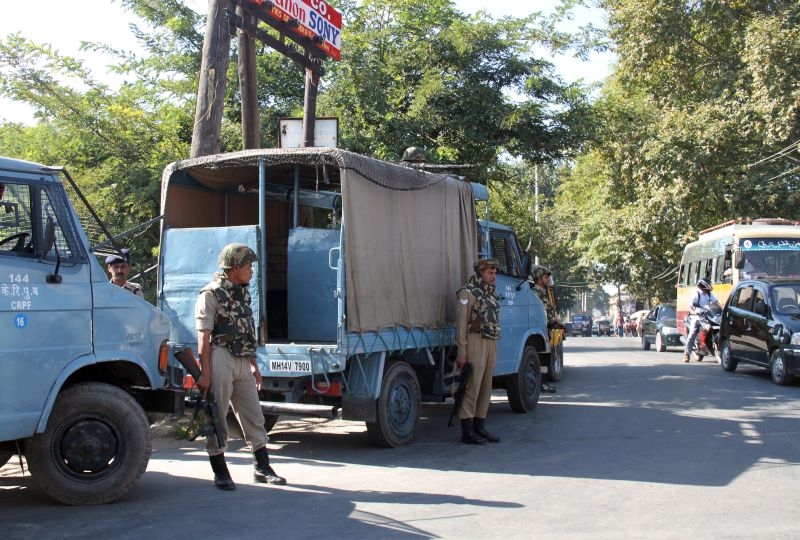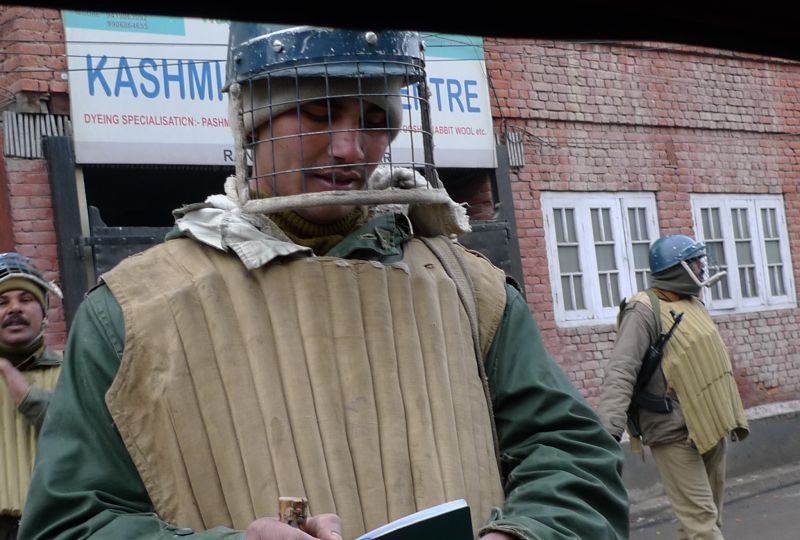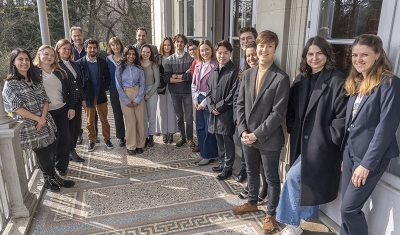A number of armed non-state actors are operating in northeast India – Arunachal Pradesh, Assam, Jammu and Kashmir, Manipur, Meghalaya, Mizoram, Nagaland, Sikkim and Tripura, Manipur, Nagaland –, and are engaging in armed violence against the government.
‘We closely monitor the evolution of the situation related to the armed violence and clashes between the Indian army and these armed groups. We notably updated our RULAC online portal with the recent developments in the Jammu and Kashmir region’ underlines Dr Chiara Redaelli.
Following India’s revocation of the special constitutional status granted to Jammu and Kashmir, around 300 Kashmiri politicians have been arrested in August 2020 and the region was put under lockdown. On 6 August, the Parliament adopted the Kashmir Reorganization Bill, which divided the region into two territories – Jammu and Kashmir, and Ladakh – and downgraded their status from ‘state’ to ‘Union Territories.’ Between second and 5 August, the Indian government also deployed tens of thousands of additional troops in Jammu and Kashmir and imposed a communication blackout.
‘While some developments – including in Jammu and Kashmir – are worrying, we could not conclude in light of the information at our disposal, that India is engaging in NIACs against the armed groups operating in these regions. This is notably due to the difficulty in ascertaining whether one or more groups reach the intensity of violence threshold’ she adds.



